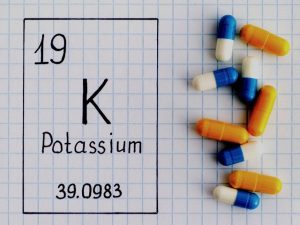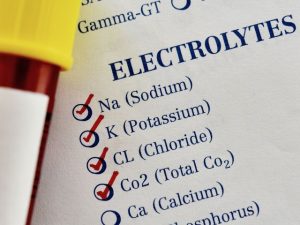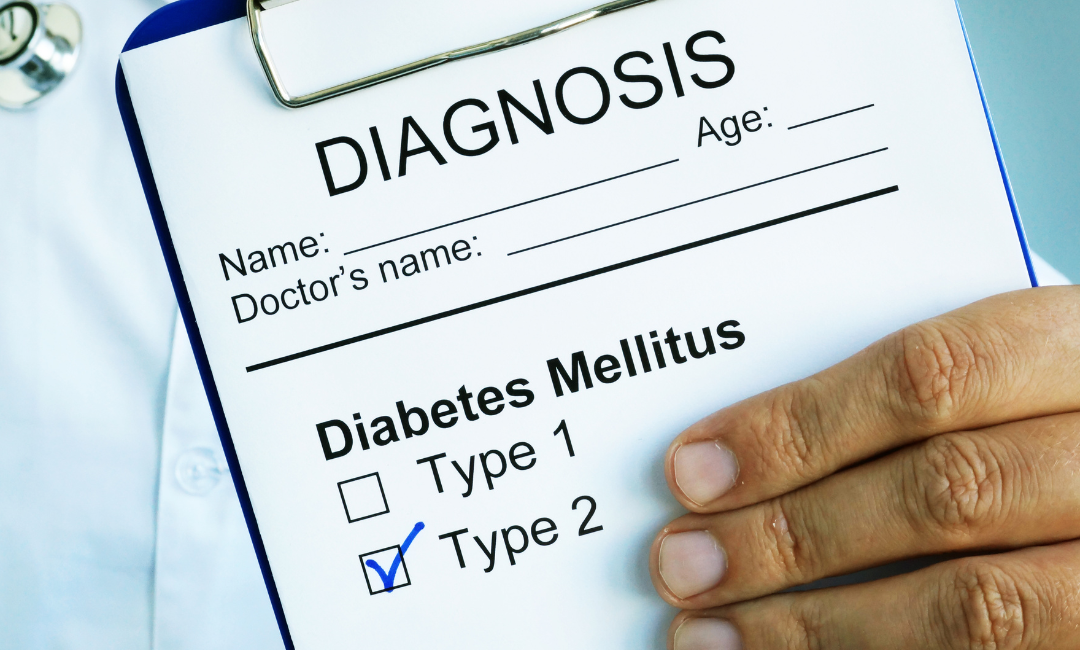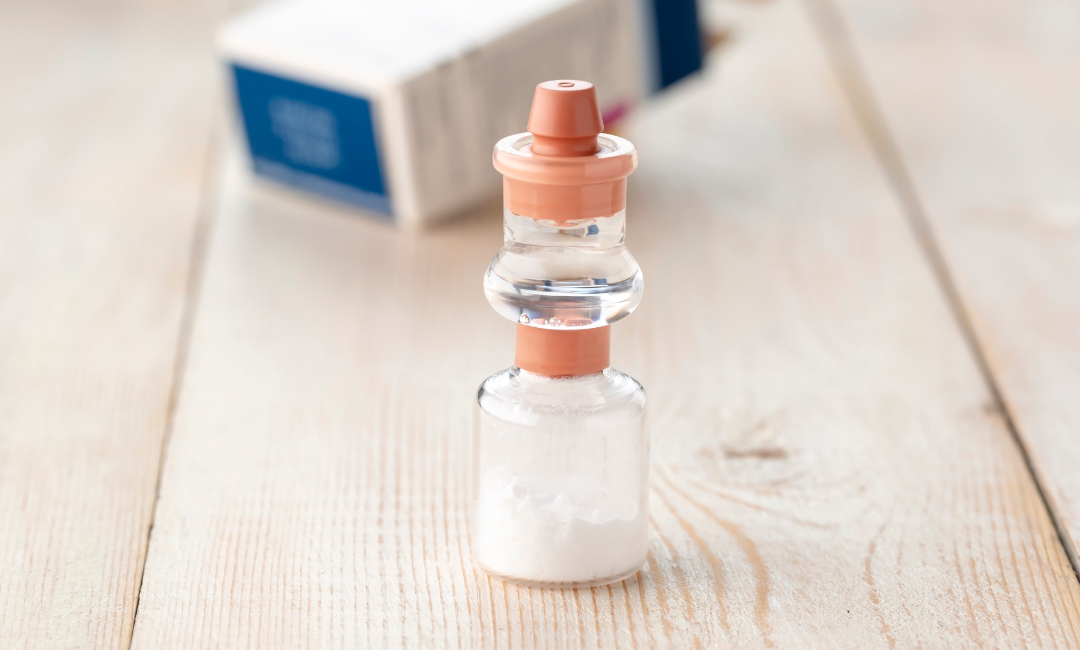Certain illnesses can disturb the homeostasis balance of the body that maintains the levels of water and electrolytes. The balance in the body is delicate. If it gets altered, it can result in a life-threatening condition.
It can happen due to medication administration, loss of appetite, surgery, vomiting, and some diagnostic tools. Here we will talk about hypokalemia and overcoming it with the help of supplements.
Potassium is an electrolyte- an element or a compound that releases an electric charge when dissolved in water. With potassium therapy, you replenish the depleted electrolytes.
Potassium is the primary intracellular fluid electrolyte- a crucial electrolyte to maintain homeostasis. It is a major positively charged (cation) in the intracellular fluid.
Under normal conditions, people consume potassium through daily food intake. But due to certain illnesses or conditions, the stored potassium might get depleted. Therefore, you will have to administer supplemental potassium to prevent hypokalemia.
You can do that orally or through an intravenous route with potassium salts, such as:
- potassium acetate
- potassium chloride
- potassium gluconate
- potassium phosphate
The potassium ions travel directly into the intracellular fluid to restore the depleted balance and normalize potassium levels. It is an essential element in determining cell membrane potential and excitability.
Potassium is necessary for
- Proper functioning of all nerves and muscle cells
- Nerve impulse transmission
- Tissue growth and repair
- Acid-base balance









